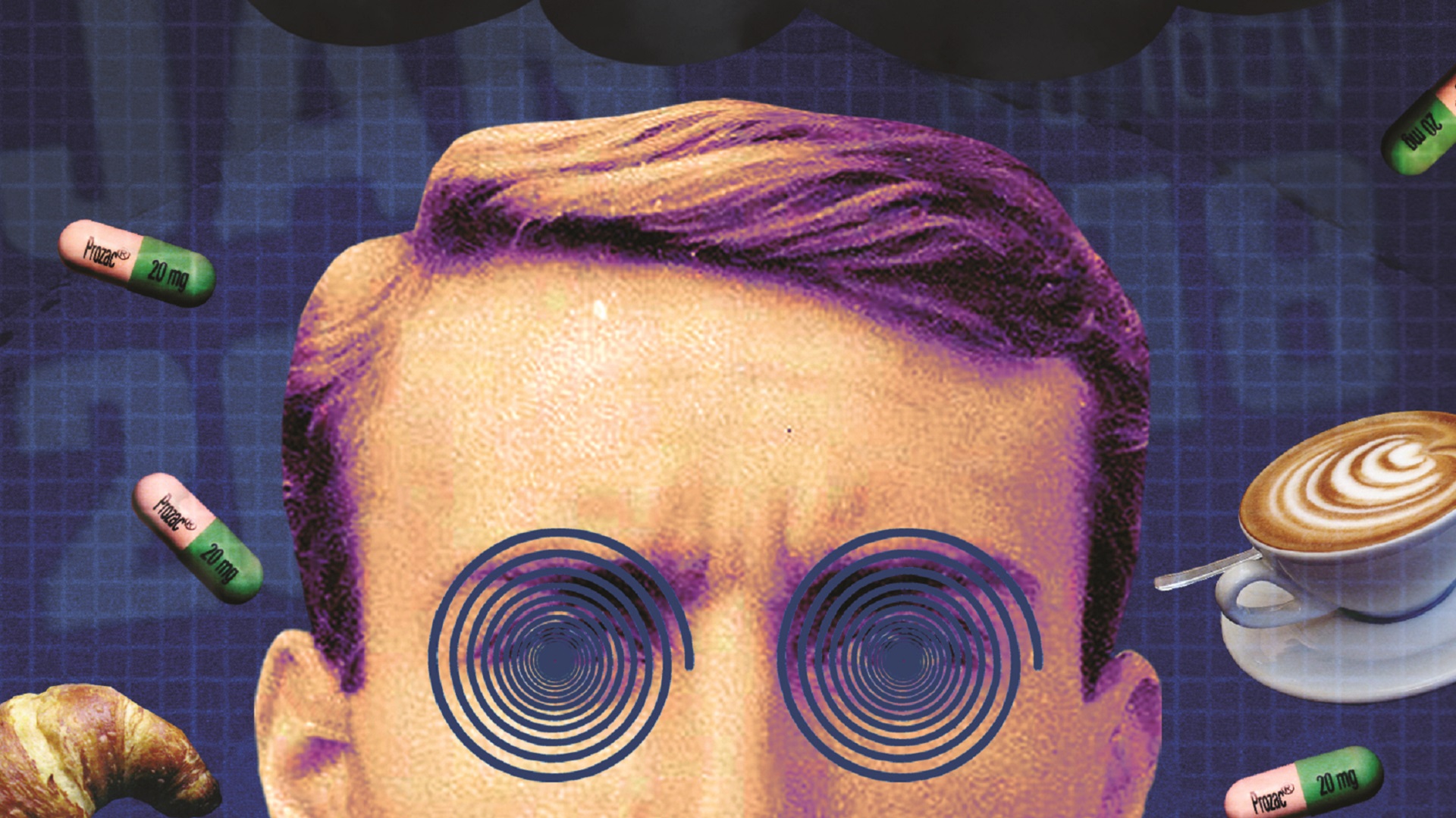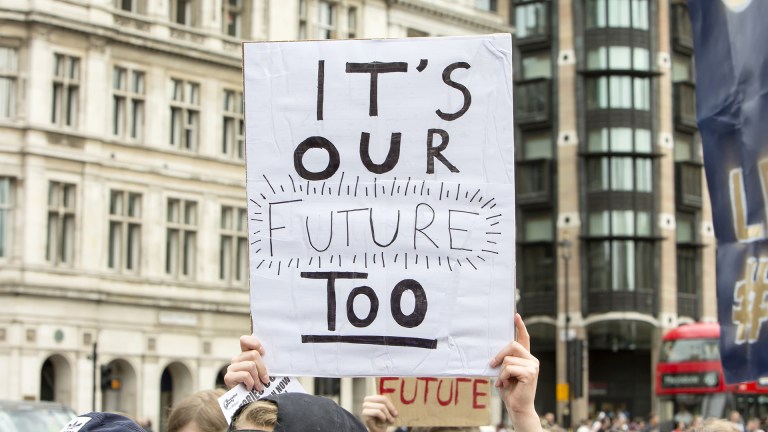Facts. Checked
While the New Order song certainly exists, Blue Monday itself is a hoax.
There is no scientific research that backs up the reasoning behind homing in on the third Monday in January and, to be fair to media outlets, many now reflect this with their coverage. There is certainly more awareness that Blue Monday is not real in 2024.
Instead of roots in science, a PR campaign for now-defunct TV channel Sky Travel birthed the Blue Monday formula back in 2005 and inadvertently triggered years of dismay for scientists.
According to the i’s excellent 2020 article “Blue Monday: how the myth of a ‘most depressing day of the year’ spiralled out of control”, the man to blame is Cliff Arnall.
Arnall was a reportedly a psychology tutor at a further education centre attached to Cardiff University when he was approached by PR agency Porter Novelli to work on the formula. Arnall was asked to find the best day for people to book a holiday which led to him trying to find the most depressing day of the year, and the rest is history.
But as the idea has taken on a life of its own beyond that press release, that doesn’t mean that people don’t believe in the concept. Analysis published by the University of East London on The Conversation warned of the idea becoming a self-fulfilling prophecy – because people expect to feel a certain way it makes them more likely to do so.
The academics also suggest people gravitate to the idea because “it is inherent to all human beings to make sense of the randomness all around us”.
It’s not just researchers – charities helping people through their daily mental health struggles also oppose the myth.
Leading charity Mind has been particularly vocal on the subject. Mind experts have warned that “Blue Monday contributes to damaging misconceptions about depression and trivialises an illness that can be life threatening” and slammed the made-up day for treating mental illness as a “one-day event”.
Mind matters remain a big issue in the UK, approximately one in four people in the UK experience a mental health issue every year, according to Mind.
And the idea of Blue Monday can have consequences, perhaps unsurprisingly given that it was dreamed up to sell holidays. The Money and Mental Health Policy Institute said three in 10 people with mental health problems have spent more than they can afford while shopping online.
If Blue Monday is to have any use, perhaps the best thing to do this year is to talk to someone if you’re struggling with your mental health and feel comfortable sharing rather than letting the myth get you down.
Do you have a story to tell or opinions to share about this? Get in touch and tell us more. Big Issue exists to give homeless and marginalised people the opportunity to earn an income. To support our work buy a copy of the magazine or get the app from the App Store or Google Play.










